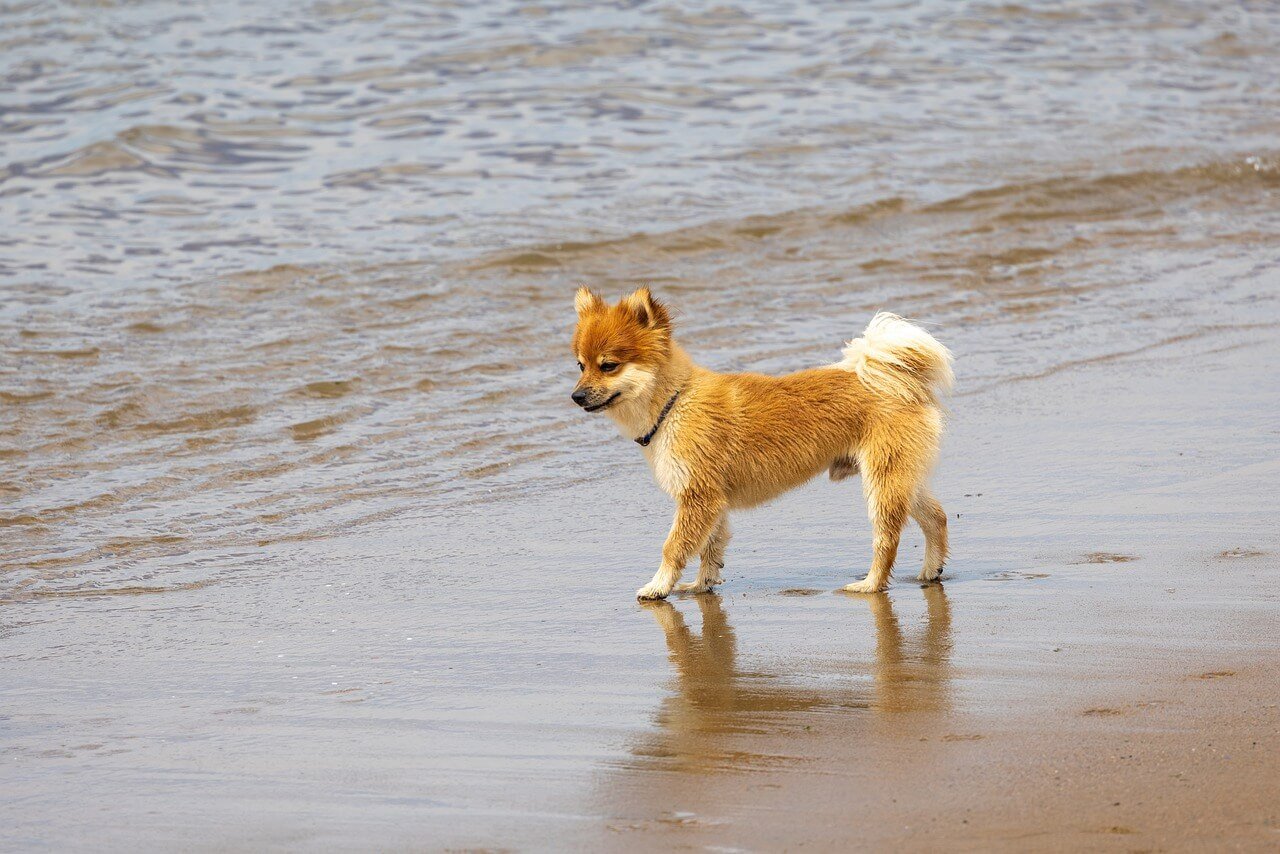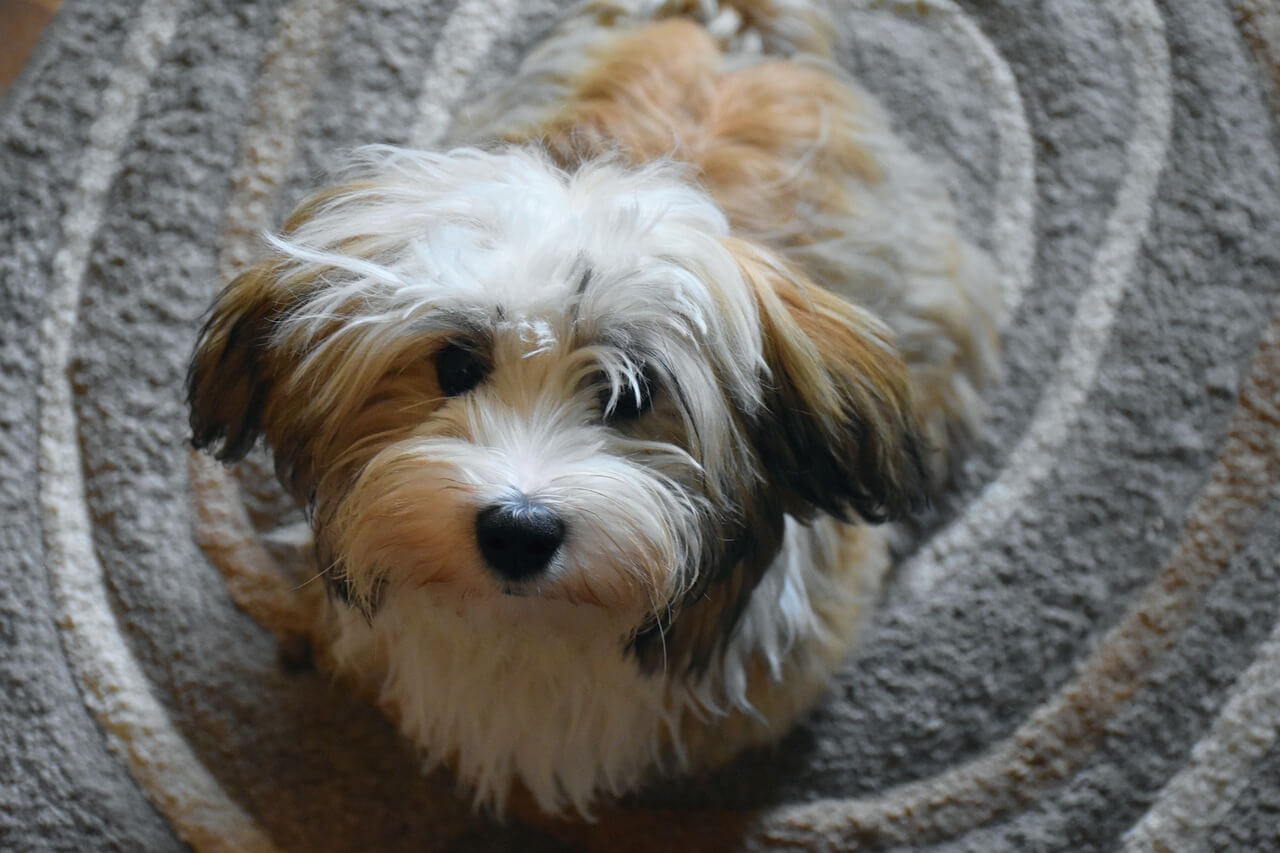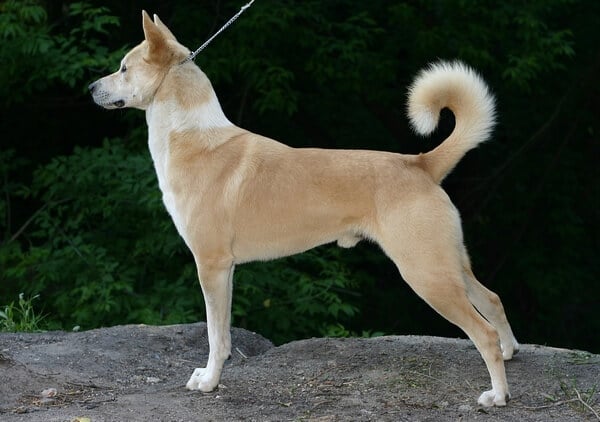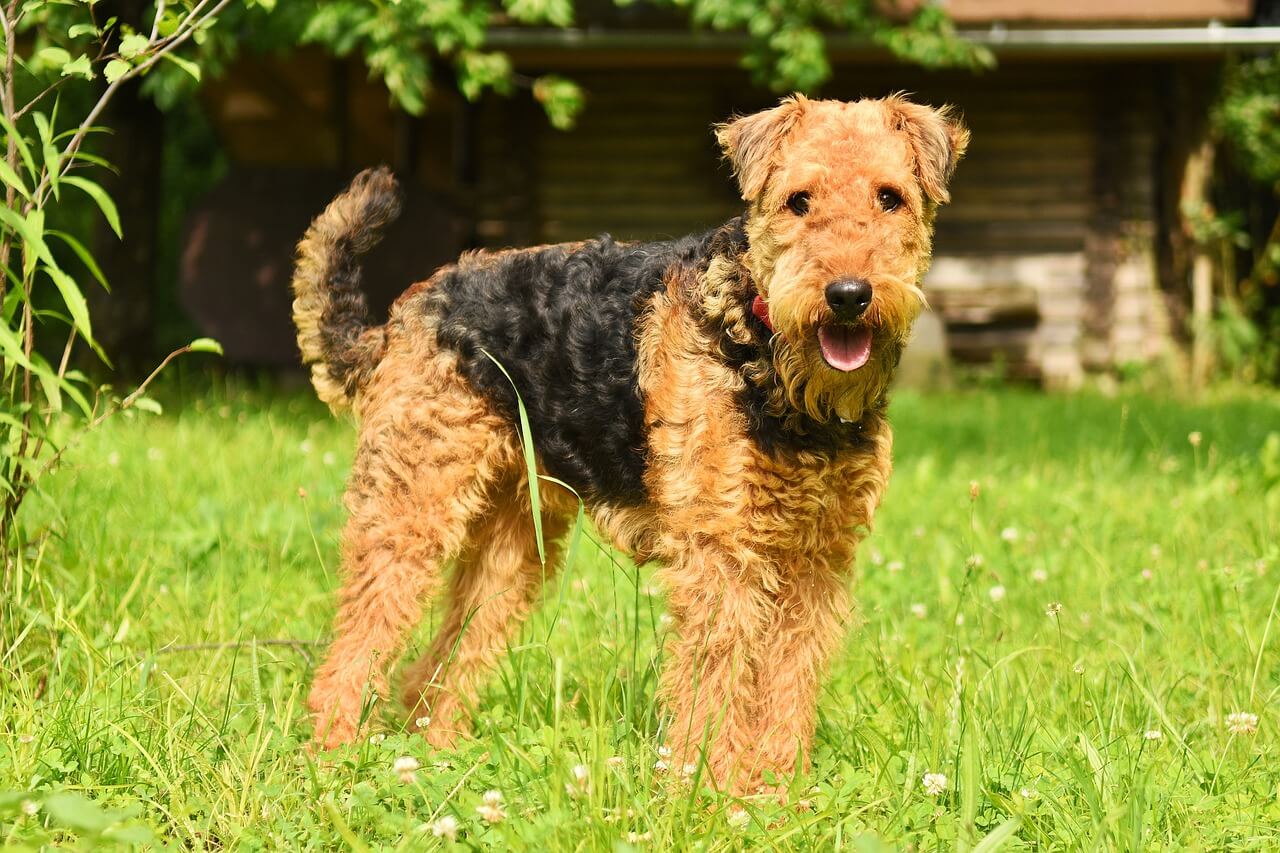The Icelandic Sheepdog is a charming, loyal, and adaptable breed with roots tracing back to Viking settlers. Recognized as Iceland's only dog breed, this native dog has a long history of herding sheep and protecting farms. Known for their affectionate personality and striking double coat, Icelandic Sheepdogs make ideal companions for families and individuals alike.
Physical Characteristics of the Icelandic Sheepdog
This medium-sized herding breed typically weighs 25–30 pounds, combining agility with a sturdy build. Key physical traits include:
A dense double coat in colors such as black, cream, and brown, providing insulation for cold climates.
Pointed ears, a hallmark of northern breeds.
A distinctive curled tail, often seen in other Arctic dog breeds.
The coat sheds seasonally, so weekly brushing is essential to manage loose fur and maintain their health. During spring and fall, more frequent grooming may be required to handle increased shedding.
Temperament and Personality
The Icelandic Sheepdog is known for its friendly disposition and herding instinct. These affectionate dogs are highly social, thriving in households with children and other pets. They are loyal and love to follow their family members around, making them endearing companions. Their alert and vocal nature makes them excellent watchdogs, though they may require training to moderate barking. Early socialization and training classes help develop their confidence and compatibility with other dogs and strangers.
Training and Exercise Needs
This breed excels in dog sports and activities that challenge their physical and mental abilities. Their eager-to-please nature makes training enjoyable. Use positive reinforcement techniques like treats and praise for best results.
Exercise Essentials:
Daily Walks: Keep them fit and healthy.
Interactive Games: Use puzzle toys to stimulate their minds.
Herding Opportunities: If possible, allow them to practice their natural ability to herd sheep or other animals.
Regular exercise not only keeps them physically healthy but also prevents boredom, which can lead to behavioral issues.
Health and Lifespan
Icelandic Sheepdogs are generally considered a healthy breed, with a lifespan of 12-15 years. However, they may be prone to specific health conditions such as hip dysplasia and patellar luxation. Regular vet visits and a balanced dog food formula tailored to their age and activity level support their long-term health. This breed also benefits from preventative care practices, including vaccinations and routine screenings.
Grooming and Care
Caring for an Icelandic Sheepdog involves more than just regular walks and feeding. Their luxurious coat and energetic nature require specific grooming and care routines to keep them in top condition.
Coat Care: The double coat of an Icelandic Sheepdog is one of their most striking features. To keep it healthy and mat-free, regular brushing is a must. During shedding seasons, usually spring and fall, you might need to brush them more frequently to manage the increased shedding. Regular grooming not helps maintain your pets coat in condition but it also offers a chance to strengthen the bond, between you and your furry friend.
Bathing and Cleanliness: Bathing your Icelandic Sheepdog doesn't need to be a frequent task—doing it too often can strip their coat of natural oils. However, they should be bathed when necessary, such as when they get particularly dirty or start to smell. Always use a dog-specific shampoo to maintain the health of their skin and coat.
Nail Trimming and Dental Care: Regular nail trims are important to prevent discomfort and mobility issues. Additionally, don't forget about dental hygiene; brushing their teeth or using dental treats helps prevent tartar build-up and oral diseases.
Comfortable Resting Space: After a day full of activities, your Icelandic Sheepdog will appreciate a cozy place to rest. Investing in the good quality dog beds are essential for their comfort, especially considering their active lifestyle. A comfortable bed supports their joints and provides a space of their own to relax and recharge.
Seasonal Considerations: Be mindful of seasonal changes, especially in warmer months. Icelandic Sheepdogs have thick coats that can make them prone to overheating. Ensure they have access to shade and fresh water during hot days, and consider indoor activities when it's too warm outside.
Feeding and Nutrition
Icelandic Sheepdogs are an energetic breed that requires a balanced and nutritious diet to maintain their health and well-being. Adult dogs should be fed a high-quality dog food formula that meets their nutritional needs, while puppies require a puppy-formulated food to support their growth and development. It’s essential to monitor an Icelandic Sheepdog’s weight and adjust their food intake accordingly, as they can be prone to obesity. Treats should be limited to no more than 10% of their daily diet, and owners should avoid overfeeding to prevent health problems.
Ideal Living Conditions
These medium-sized dogs are adaptable and can thrive in various environments, provided they receive enough physical activity. They are well-suited for both rural and urban homes, but owners should ensure they have access to space for exercise. Icelandic Sheepdogs thrive in active households where they can participate in daily routines and feel involved.
Adoption and Finding a Reputable Breeder
If you’re interested in bringing an Icelandic Sheepdog into your home, consider adoption through breed-specific rescues or shelters. For those seeking purebred Icelandic Sheepdog puppies, look for responsible breeders who prioritize breed-specific health checks and socialization. The Icelandic Dog Breeder Association and Icelandic Kennel Club can provide resources to connect with reputable breeders.
Preparing Your Home for a New Icelandic Sheepdog
Bringing an Icelandic Sheepdog into your home is an exciting journey, and a little preparation can help them settle in comfortably. Start by creating a cozy space with a high-quality dog bed where they can rest and feel secure. A sturdy dog leash is essential for daily walks and safe exploration, while interactive toys keep them mentally engaged and can help alleviate any initial anxiety in their new environment. Having treats on hand will also be useful for training and building trust.
Additionally, consider setting up designated areas for eating, sleeping, and playing. Providing these essentials helps your new companion quickly adjust to their new surroundings, creating a smooth transition and a warm welcome to your home.
FAQs About Icelandic Sheepdogs
Do Icelandic Sheepdogs Shed Year-Round?
Yes, their double coat sheds year-round, with heavier shedding during seasonal changes.
Are Icelandic Sheepdogs Good with Children?
Absolutely! These friendly dogs are great companions for families and thrive in social environments.
What is the Life Expectancy of an Icelandic Sheepdog?
With proper care, they typically live 12–15 years.
Conclusion
The Icelandic Sheepdog is a lovable, loyal, and active breed that offers a blend of history, companionship, and adaptability. From their endearing traits like the curled tail to their herding instincts, these working dogs are ideal for families or individuals looking for an affectionate, energetic companion. Proper training, exercise, and grooming ensure they remain happy and healthy, making them a delightful addition to any home.






